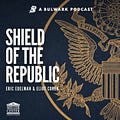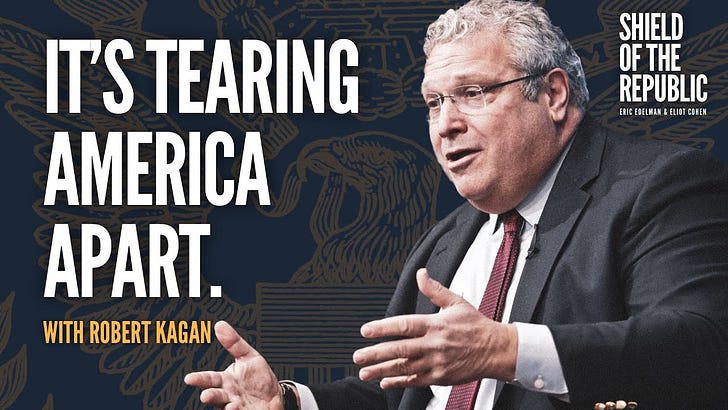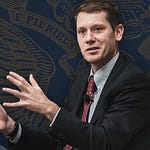Eric and Eliot welcome Financial Times Ukraine correspondent Christopher Miller, author of The War Came to Us: Life and Death in Ukraine (London: Bloomsbury, 2023). Chris describes his time as a Peace Corps volunteer in Bakhmut and his transition to journalism as a reporter for the Kyiv Post exposing corruption and self-dealing in Ukraine before the "revolution of dignity" at the Euromaidan in 2014. He talks about his coverage of the fall of Ukrainian President Yanukovych, the Russian seizure of Crimea, the outbreak of the 2014 war in Donbas, his encounters with Igor "Strelkov" Girkin (now under arrest in Moscow for criticizing Putin's conduct of the current war) and the "Cossack Bomb Squad," the wartime leadership of Volodymyr Zelensky and the dilemmas that await him as well as the course of the current Ukrainian counter-offensive.
Shield of the Republic will be on a short summer break next week.
Shield of the Republic is a Bulwark podcast co-sponsored by the Miller Center of Public Affairs at the University of Virginia. Email us with your feedback at shieldoftherepublic@gmail.com
Learn more about your ad choices. Visit podcastchoices.com/adchoices













Christopher Miller's Life and Times in Ukraine